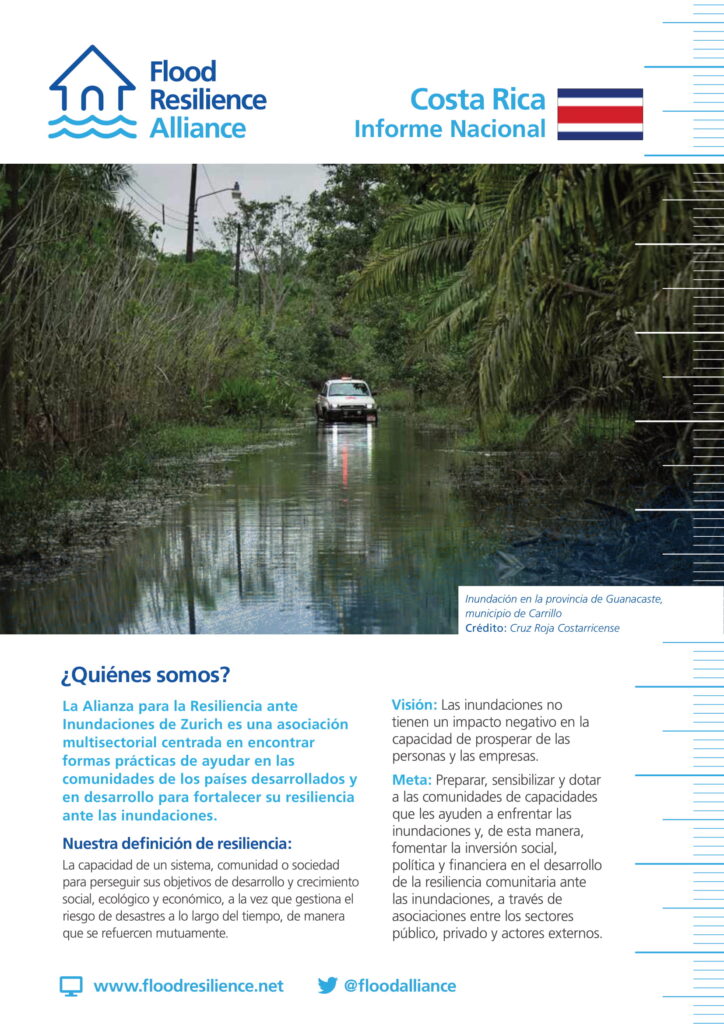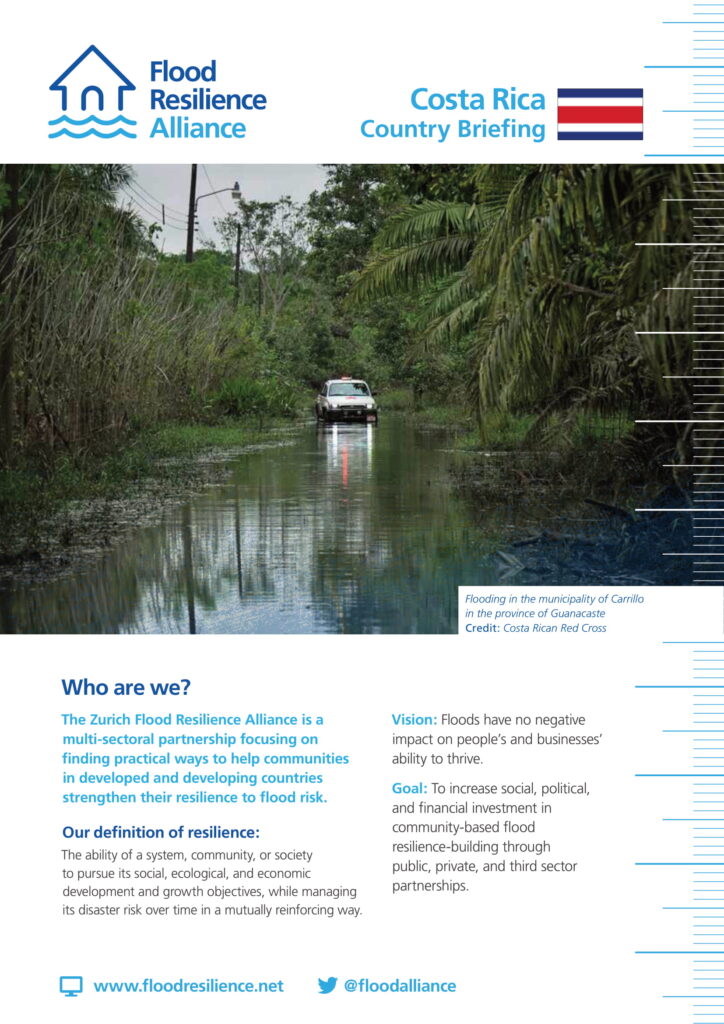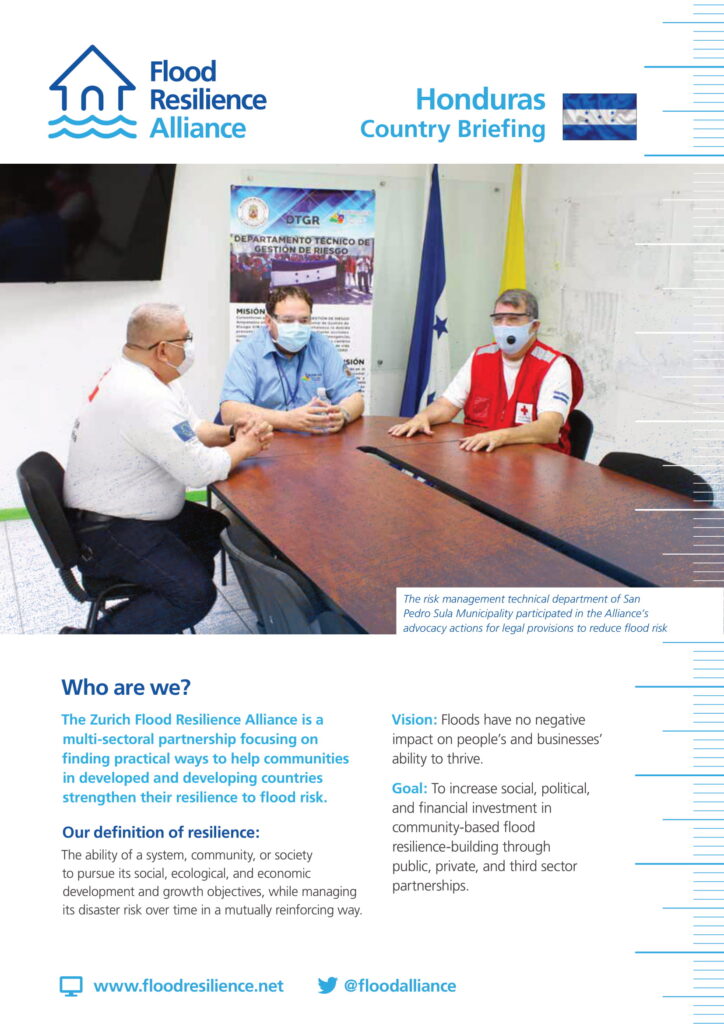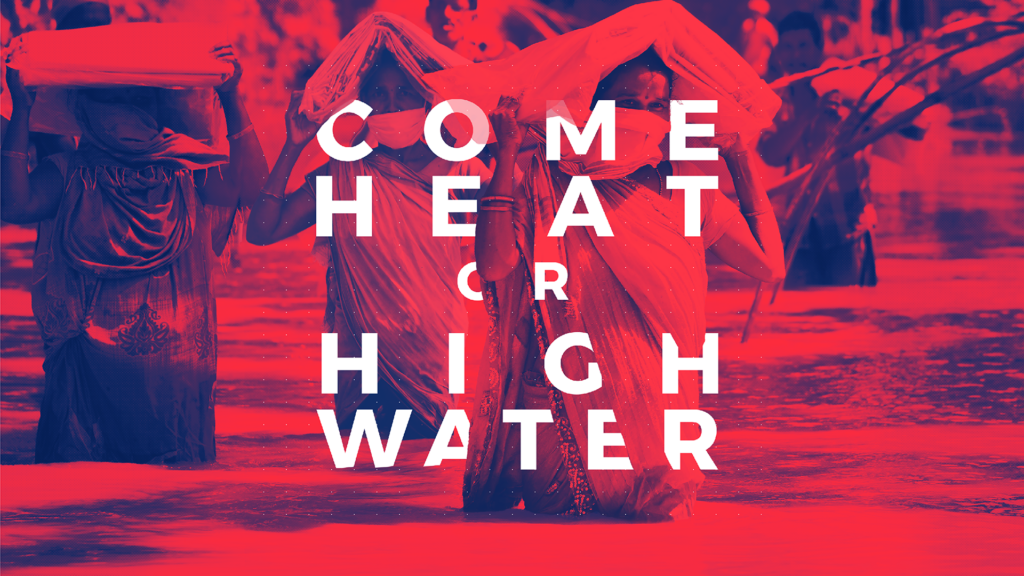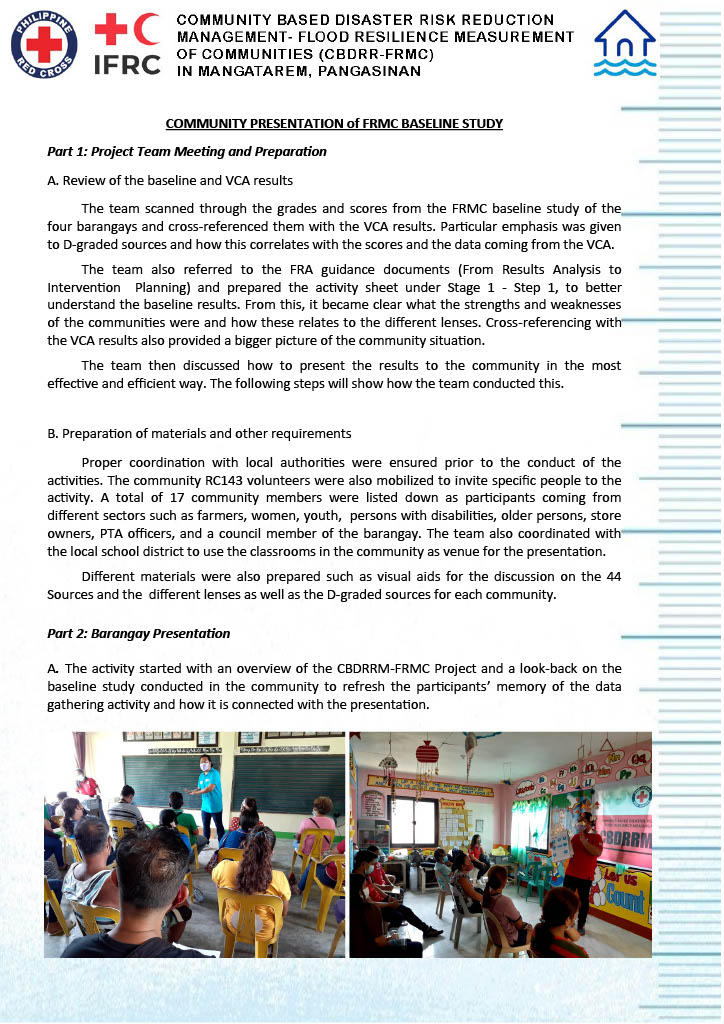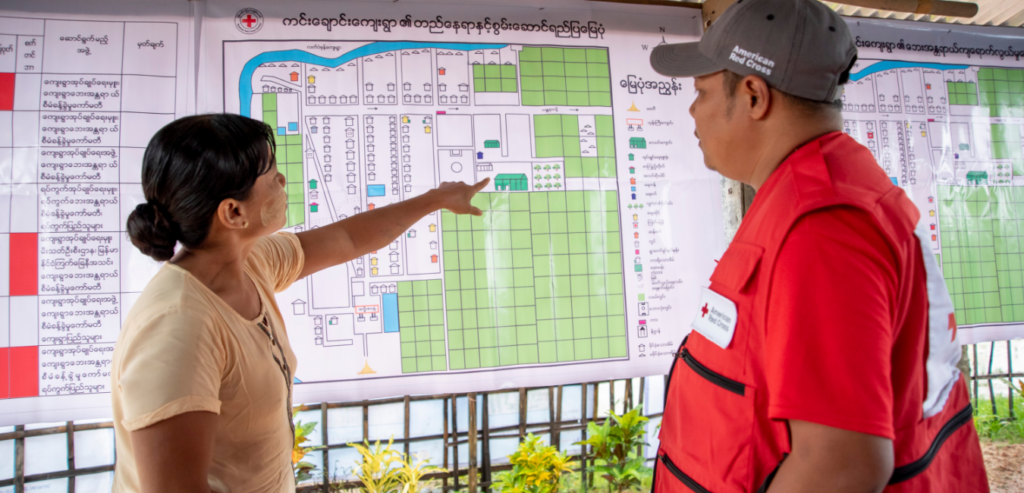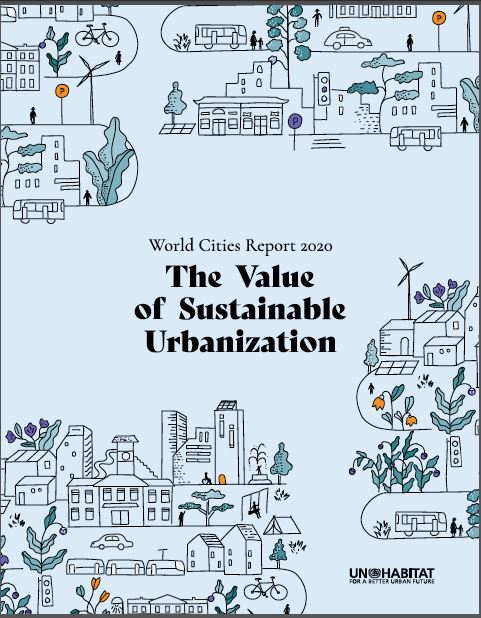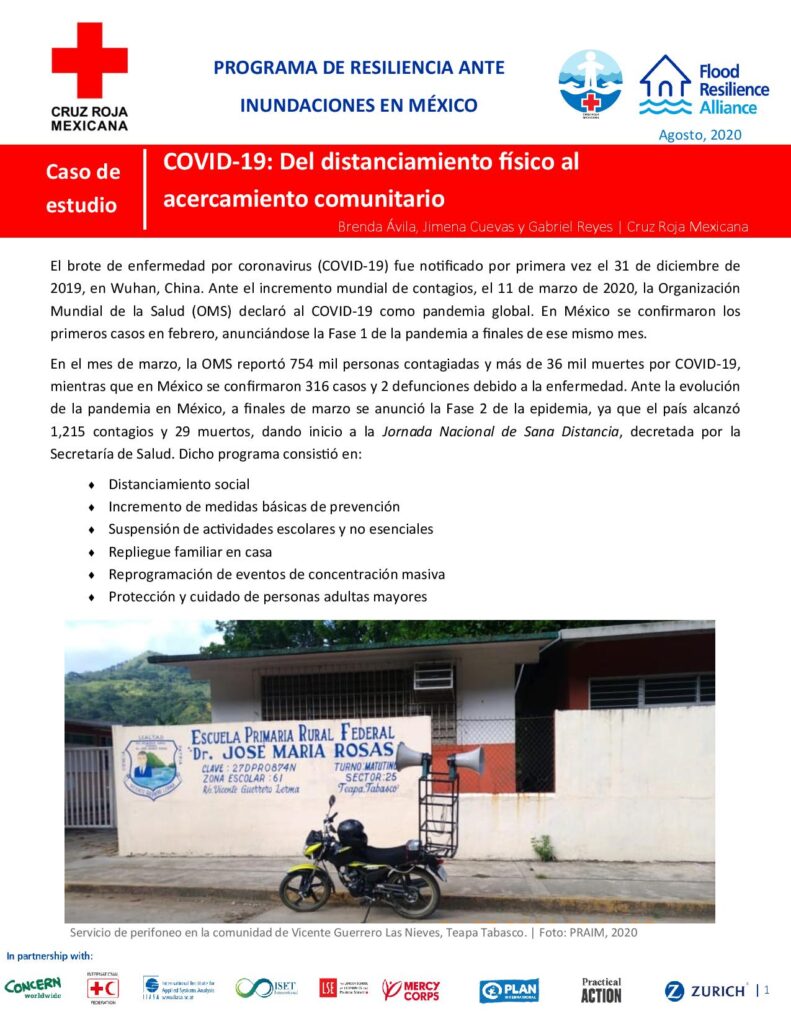Flood Resilience Alliance: Costa Rica Informe Nacional
En Costa Rica las condiciones de vulnerabilidad, como el incremento de población sin planificación, la mala distribución y uso del suelo, y el terreno montañoso y con pendientes pronunciadas, han provocado desequilibrios ecológicos de gran magnitud, en donde una de las consecuencias son las inundaciones devastadoras con desbordamientos súbitos. Los ríos La Estrella, Limoncito, Banano, […]
Flood Resilience Alliance: Costa Rica Informe Nacional Read More »

